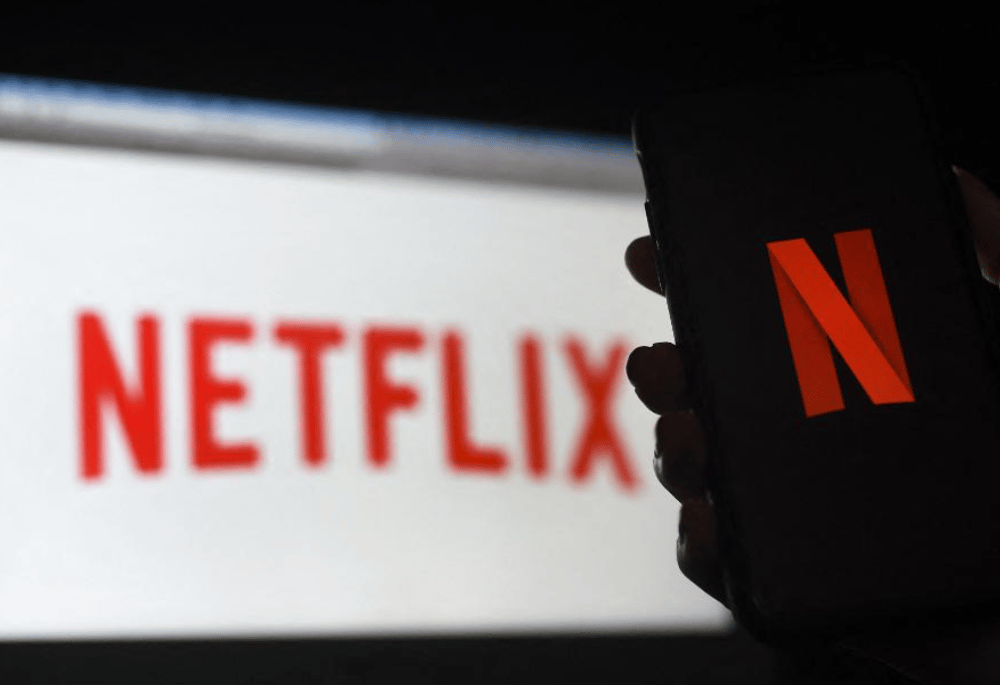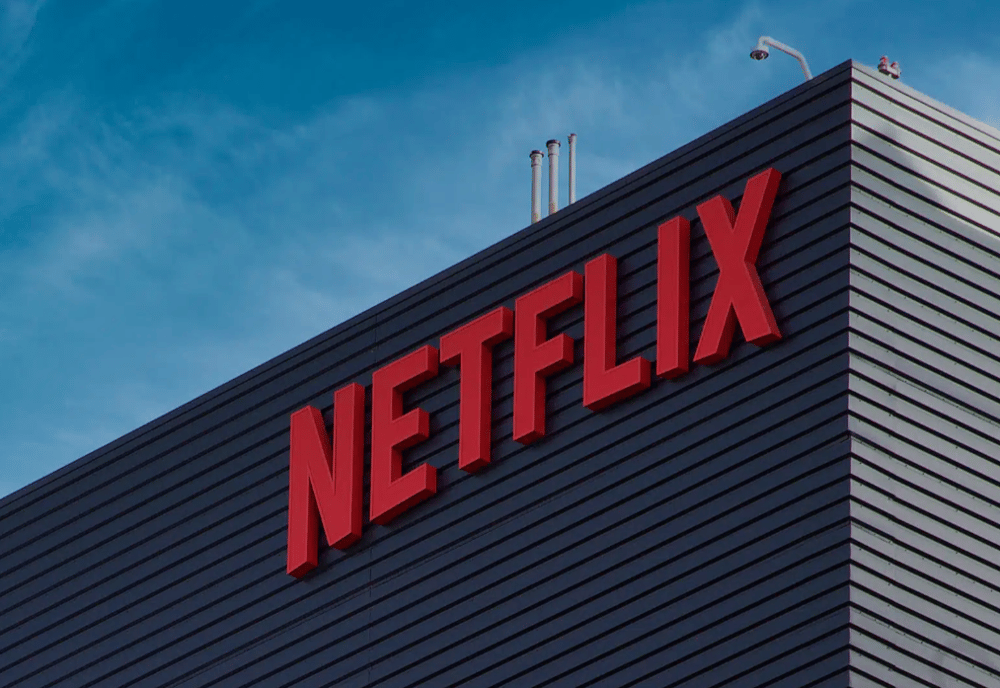Netflix's Ad-Supported Tier Surges to 94 Million Users Amid Economic Headwinds
Netflix Inc. $NFLX, the world's largest subscription video-on-demand platform, continues to see robust adoption of its ad-supported plan, reaching 94 million users as of May 2025. This marks a sharp increase from 70 million in November 2024, highlighting a significant shift in consumer behavior in response to persistent global economic uncertainty.
As households worldwide become more price-conscious, Netflix's lower-priced, advertising-supported option is emerging as a compelling value proposition. The company's latest update suggests that a growing share of its 300 million-strong global customer base is gravitating toward affordability without compromising access to premium content.
Strategic Leverage in a Shifting Streaming Landscape
Netflix introduced its ad-supported plan in late 2022 to address market saturation and subscriber churn in mature markets. While the initial rollout was cautious, the product has rapidly evolved into a core growth engine for the streaming giant.
The momentum behind the ad-tier reflects broader macroeconomic dynamics: slower wage growth, rising living costs, and consumer preference for flexible pricing models. Netflix appears to be capitalizing on these conditions more effectively than competitors, combining attractive price points with a well-curated ad experience.
Key Drivers of Netflix's Ad-Supported Momentum
Strong user uptake amid economic pressure and cost sensitivity
Access to full content library at lower price points enhances appeal
Sophisticated ad-targeting infrastructure improves advertiser ROI
Expansion into emerging markets where price elasticity is high
Positive feedback loop between user growth and advertising revenue

Operational Stability and Spending Trends Hold Steady
Despite the shifting subscription mix, Netflix reports that overall viewing hours and spending patterns remain consistent across tiers. In April 2025, the company observed no material deviation in consumption behavior, suggesting that lower-tier subscribers are just as engaged as those on premium plans.
Recent Developments Reinforcing Growth Strategy
94 Million Ad-Tier Users Confirm Market Fit The rapid growth in ad-supported users underscores strong demand for cost-effective entertainment, particularly in inflation-sensitive regions.
Retention Without Sacrificing Engagement Ad-tier subscribers are maintaining regular usage levels, minimizing concerns over cannibalization of higher-tier plans or declining viewership quality.
Revenue Diversification Through Advertising As advertising becomes a meaningful revenue stream, Netflix is creating new monetization pathways without raising consumer costs.
Competitive Advantage Over Rivals The company’s scale and global footprint enable more efficient ad delivery and content personalization, giving it an edge over newer entrants with less reach.
Resilience in Uncertain Macroeconomic Conditions With no significant changes in consumer spending detected in April, Netflix demonstrates robustness amid market volatility—a key strength for long-term sustainability.
A Pivot That Reflects Strategic Agility
The success of Netflix’s ad-supported model reflects not only economic realities but also strategic foresight. While competitors have struggled to balance profitability and growth, Netflix’s hybrid monetization approach appears increasingly validated. By appealing to budget-conscious users while preserving premium content access, the platform is reinforcing its leadership position in a crowded streaming ecosystem.
Looking ahead, the evolution of this tier will likely shape Netflix's broader content investment and partnership strategy, particularly as advertising becomes an integral part of its financial architecture.















Comments
It's fascinating to think how this transaction could influence the future direction of automation technologies.
This sale has the potential to reshape the landscape of automation in technology.